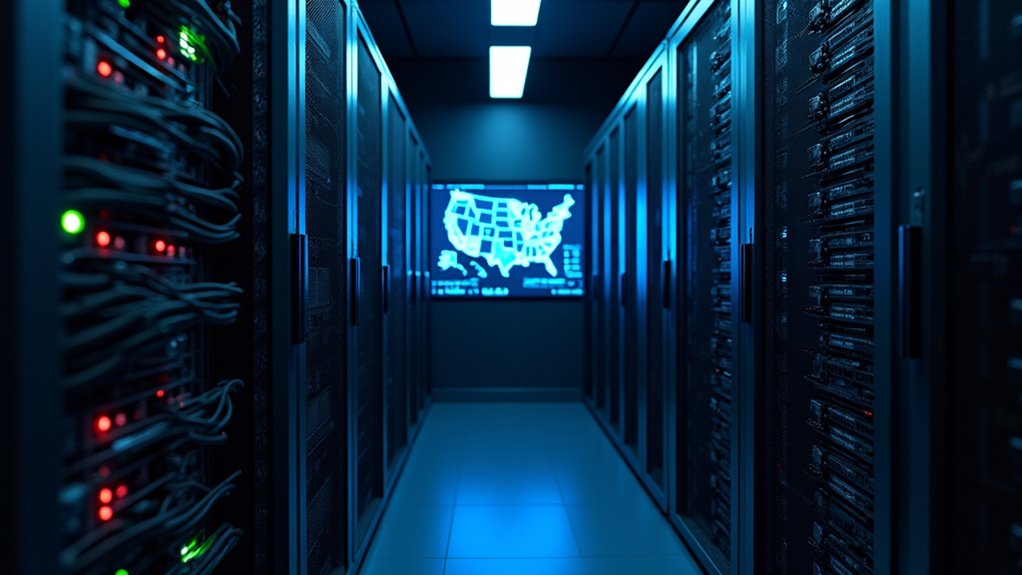How vulnerable are the industrial control systems that manage critical infrastructure across commercial and industrial facilities worldwide? The Cybersecurity and Infrastructure Security Agency has issued multiple crucial advisories regarding severe vulnerabilities in Mitsubishi Electric industrial control systems, particularly air conditioning controllers deployed across global infrastructure networks.
The most severe vulnerability, designated CVE-2025-3699, involves missing authentication mechanisms for fundamental system functions and carries a CVSS v3.1 base score of 9.8 and CVSS v4 score of 9.3, indicating exceptionally high criticality. Remote attackers exploiting this flaw could assume complete control of air conditioning systems, manipulate firmware configurations, and extract sensitive operational data without proper authorization protocols.
These vulnerabilities affect at least 26 different Mitsubishi Electric controller models, including AE-200J, AE-200A, and AE-50J variants, impacting both standalone and networked configurations within operational technology environments. The widespread deployment of vulnerable hardware across commercial facilities and critical infrastructure sectors amplifies potential attack surfaces, creating opportunities for threat actors to conduct lateral movement operations within OT networks.
Additional vulnerabilities identified in Mitsubishi Electric smartRTU systems involve command injection flaws and authentication bypasses, catalogued as CVE-2025-3232 and CVE-2025-3128. Successful exploitation scenarios permit attackers to execute remote code, initiate denial-of-service attacks, or maintain persistent unauthorized access to crucial systems supporting cooling, refrigeration, and environmental controls. The Mitsubishi Electric CNC Series also faces critical memory corruption flaws that enable remote attackers to execute malicious code through G-code files.
The vulnerabilities highlight broader security concerns affecting global critical infrastructure, where legacy operational technology components frequently lack modern security protections and receive infrequent updates. Compromised systems in energy, manufacturing, and commercial sectors could experience prolonged outages, safety risks, and operational disruptions affecting fundamental services. CISA has also issued separate advisories for TrendMakers devices, expanding the scope of commercial facilities sector vulnerabilities.
CISA recommends immediate implementation of manufacturer-provided patches and mitigations, emphasizing correct system configurations as outlined in advisory documentation. Organizations must prioritize network segmentation strategies and restrict access to ICS components to minimize attack surfaces.
Mitsubishi Electric is currently preparing extensive firmware updates for affected models, as security professionals stress the urgency of reviewing advisories and conducting thorough configuration assessments to protect critical infrastructure from escalating cyber threats.









